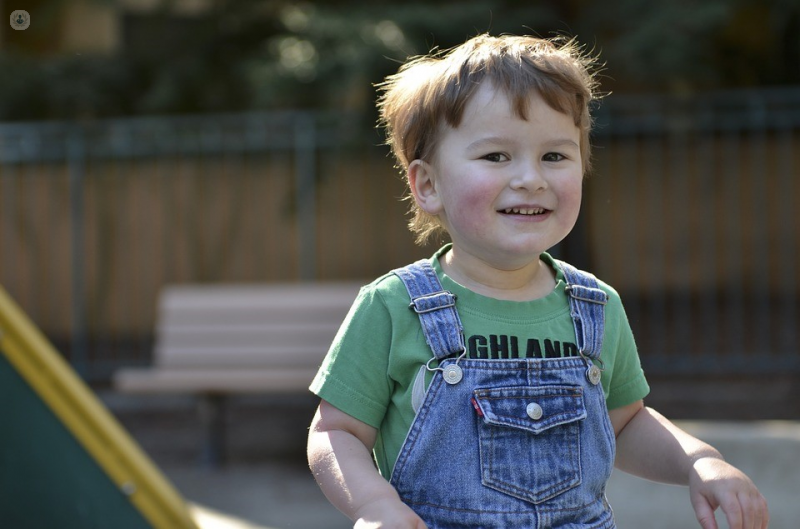CBT for autism spectrum disorders: how it works
Escrito por:Cognitive behavioural therapy (CBT) is a widely-used talking therapy for patients with psychological conditions, and is frequently used to treat depression, anxiety, stress, and many others. Can CBT help patients on the autistic spectrum? Consultant psychologist Dr Bijal Chheda-Varma has the answers.

Cognitive behavioural therapy is an evidence-based therapy form that can be useful in treating autism spectrum disorders (ASD), especially if the behavioural component is well integrated into the support. However, for very severe ASD, an intervention called ABA (applied behaviour analysis) is widely recognised.
What is the aim of therapy?
The aim of CBT is to help individuals address difficulties they experience in their daily life as a result of ASD. However, a key aim is to help individuals explore and harness their strengths to help them work towards a meaningful life.
Who is most likely to benefit?
CBT with a psychosocial approach normally works for individuals with high-functioning ASD or AS, as well as those with more complex needs, whilst experiencing moderate to high levels of difficulties. This approach is particularly beneficial for individuals with co-related conditions such as anxiety, depression, or OCD.
What does it involve?
Based on the NICE Guideline (2016, CG142) recommendations, structured and supportive psychosocial interventions include the following core components:
- Psycho-education: the patient (and, if appropriate, their parent or partner) are helped to learn about how difficulties and strengths can manifest; how physiological, behavioural and psychological factors impact their ability to function; and basics of the differences in brain structure and functioning in ASD/AS.
- Nutritional interventions: the patient (and/or parent/partner) are provided with information and guidance on diet and nutrition helpful for physiological management of ASD/AS.*
- Psychosocial interventions focussed on lifestyle, adaptive, and social skills management : the patient (and/or parent/partner) are taken through the spectrum of interventions available, including improving their style of communication, which can enhance quality of life. This would also address channelling the tendency to focus on specific and repetitive interests.
- Psychosocial interventions focussed on increasing coping skills (emotions and stress) : the patient (and/or parent/partner) are introduced to a variety of techniques that help in learning about emotions in themselves and others, and managing these using a rational-emotional model. Anger, anxiety and stress management are key areas of focus.
- Management of thinking and cognitive patterns: the patient (and/or parent/partner) are introduced to a variety of interventions that help in building cognitive flexibility, central coherence and addressing any other cognitive distortions through a CBT model.
At what age/stage should it start? Is there an “endpoint”?
It can start with children whose parents may attend sessions with them and can then reinforce this support at home. The endpoint for treatment is individually based on each patient’s needs.
How effective is it? What changes will I notice?
This approach is based on NICE guidelines, hence it is evidenced-based and if the techniques are applied on a day-to-day basis, patients can experience a reduction in stress and find their lives easier to manage.
Visit Dr Chheda-Varma’s Top Doctors profile to book an appointment.
*Please note there is a separate cost if patient wishes to have an assessment of nutritional deficiencies or strengths.


